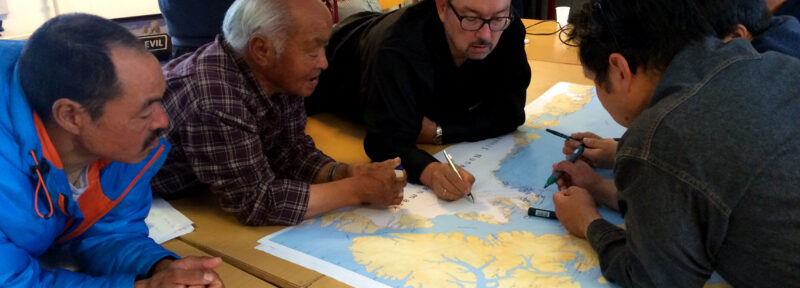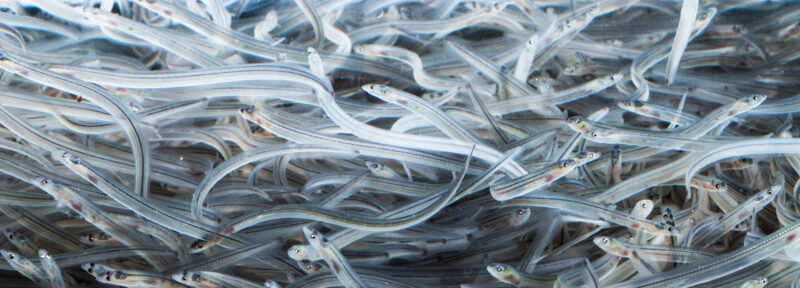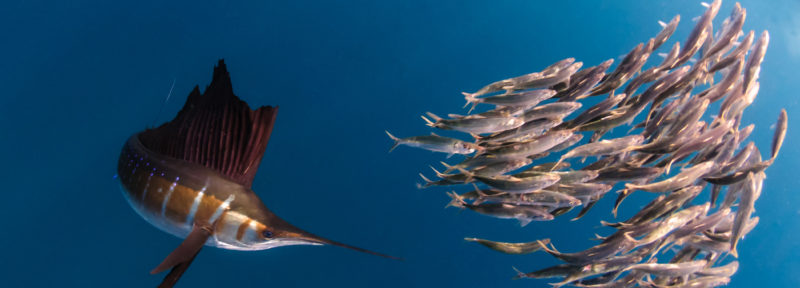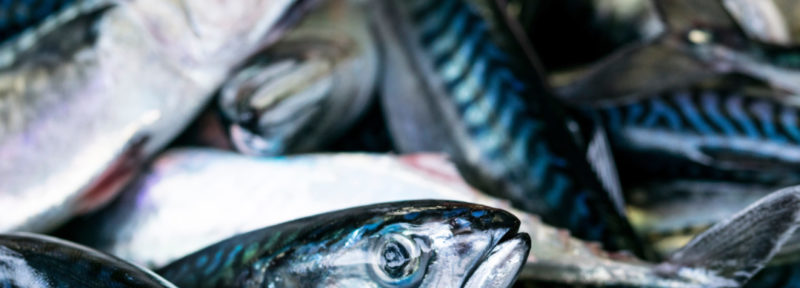Oceans North Welcomes Decision by Arctic Cruise Operators to Avoid Sensitive Narwhal Habitat
Oceans North is celebrating the decision of the Association of Arctic Expedition Cruise Operators (AECO) to avoid transiting through Nunavut’s Eclipse Sound this summer—a decision that could provide some relief to the region’s struggling narwhal population.
Every summer, thousands of narwhal make their way to Eclipse Sound. However, hunters from the nearby community of Mittimatalik (Pond Inlet) have noticed a sharp decline in narwhal numbers over recent years. The population drop, confirmed by aerial surveys, has coincided with increased vessel traffic through the region. Narwhal numbers are down by more than 50 percent compared to ten years ago.
In an effort to reduce disturbances from vessels passing through this sensitive habitat, the Mittimatalik Hunters and Trappers Organization (MHTO) and Oceans North sent a letter to AECO requesting that cruise ships avoid Eclipse Sound this summer. After consulting with its members, AECO has agreed to comply with the MHTO’s request; cruise ships will instead transit through the Pond Inlet strait. “Narwhal continue to decline in our area and have not bounced back to historical numbers as we had hoped. We thank the cruise ship operators for working with us this year to protect the animals that remain,” says David Qamaniq, Chair of the Mittimatalik Hunters and Trappers Organization.
AECO has said that it has 14 members who have planned 32 calls in Pond Inlet between July and September, and it noted in its response that cruise ships made up 14 percent of ship traffic in the area around Pond Inlet last year. The majority of other vessels were travelling to and from the Mary River iron mine.
“As the Arctic warms, we’re likely going to see more and more vessel activity—including tourism,” says Chris Debicki, Oceans North’s Vice President of Policy Development. “It’s really heartening to see AECO take the community’s concerns seriously and show how an industry can be both responsive and responsible.”
However, Debicki noted that the federal government also has a role to play. “We’d like to see Transport Canada issue some formal guidance to mariners and build upon AECO’s good work so that non-members and pleasure craft also avoid this area.”
In a region where animals are unaccustomed to ocean noise and sensitive to disturbance, managing the speed, size and routes of vessels moving through these waters will be crucial. “To ensure this population of narwhal survives, we need to slow down and understand both the impacts that ships are having and how to mitigate them,” Debicki says. “AECO’s decision helps give them some space, and we look forward to working with AECO on future measures to balance economic development and conservation.”
For more information or to arrange an interview, please contact:
Alex Tesar
Communications Manager
[email protected]




